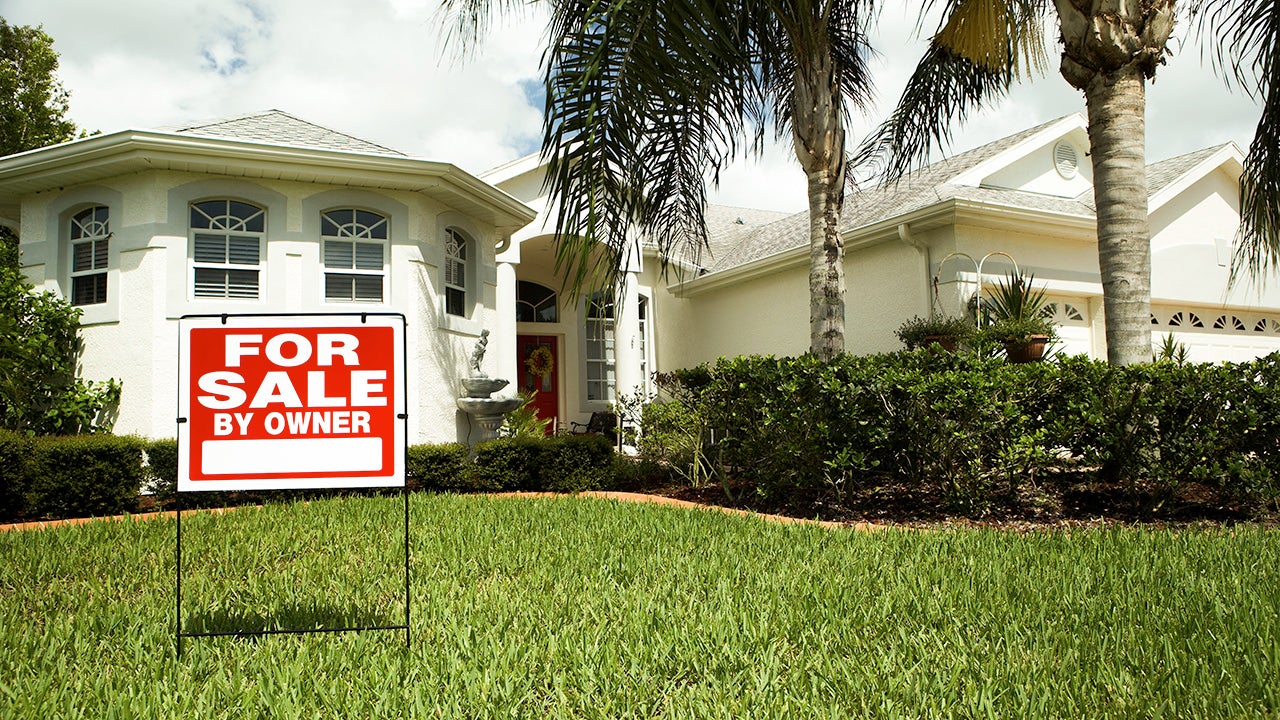
In the dynamic world of real estate, few strategies are as overlooked yet potentially profitable as wholesale homes. Often misunderstood or underestimated, wholesaling real estate allows investors to generate income without ever owning a property. It’s a fast-paced, relationship-driven business model that thrives on negotiation, market awareness, and strategic matchmaking. If you’ve been searching for a low-capital, high-opportunity way into real estate, wholesale homes might just be the game-changer you’re looking for.
What Are Wholesale Homes?
Wholesale homes refer to properties that are bought at a significant discount—usually below market value—and then sold to another investor for a slightly higher price. But here’s the twist: the wholesaler doesn’t actually purchase the property in the traditional sense. Instead, they secure the rights to purchase through a contract, and then assign that contract to a buyer—often a house flipper or landlord.
This strategy relies on finding motivated sellers, often homeowners who are dealing with financial distress, foreclosure, divorce, inheritance, or urgent relocation. These sellers are willing to accept below-market offers for the speed and ease of closing that a wholesaler provides.
How Wholesale Homes Work: A Step-by-Step Breakdown
- Find a Motivated Seller:
Wholesalers typically market to distressed homeowners via cold calls, direct mail, online ads, or local networking. - Negotiate a Purchase Price:
The wholesaler negotiates a low purchase price, ideally 60–70% of the home’s after-repair value (ARV), factoring in necessary renovations. - Get the Property Under Contract:
A purchase agreement is signed, giving the wholesaler legal rights to buy the property within a specific time frame. - Find a Cash Buyer:
The wholesaler then markets the deal to a list of investors looking for flips or rental properties. These cash buyers are usually prepared to act quickly. - Assign the Contract:
The original contract is assigned to the end buyer for a fee, typically $5,000–$20,000 or more, depending on the property and location. - Close the Deal:
The end buyer closes on the property, and the wholesaler collects the assignment fee—without ever owning the property themselves.
Why Investors Love Wholesale Homes
- Low Barrier to Entry:
You don’t need thousands of dollars in capital or a high credit score to start wholesaling. A solid understanding of market dynamics, legal contracts, and people skills is more important. - Quick Turnaround:
Unlike traditional real estate investing, wholesaling is about speed. Deals often close in weeks, not months. - No Renovations or Holding Costs:
Since wholesalers never actually take possession, they’re not responsible for repairs, maintenance, taxes, or utilities. - Scalable Business Model:
Once a system is in place—lead generation, buyer lists, legal documents—wholesaling can be scaled to multiple deals per month.
Challenges to Consider
While the upside is attractive, wholesale homes aren’t a get-rich-quick scheme. There are real challenges:
- Legal Hurdles:
Some states have strict regulations around contract assignments. Without proper disclosures or licenses, you could face legal trouble. - Deal Sourcing:
Finding deeply discounted homes is competitive and requires consistent marketing and effort. - Reputation Management:
In wholesaling, your word is your currency. Misleading sellers or buyers can tarnish your name and close future doors. - Contract Expertise:
You must fully understand how to craft contracts that protect your interests and comply with local laws.
Wholesale Homes vs. Flipping: What’s the Difference?
Though both strategies target undervalued properties, house flipping involves buying, renovating, and reselling the home for a profit—often over several months. In contrast, wholesaling is quicker, requires less capital, and involves selling the rights to the deal, not the property itself. Essentially, wholesalers are the connectors between distressed sellers and rehab-savvy investors.
Is Wholesale Real Estate Ethical?
There’s a debate around this. Critics argue that wholesalers exploit desperate homeowners, while supporters highlight the value of speed, cash offers, and helping avoid foreclosure or financial ruin. The key is transparency and fairness. A reputable wholesaler explains the process, avoids pressure tactics, and ensures both sides understand the transaction.
The Future of Wholesale Homes
With rising property prices and a competitive housing market, wholesale homes continue to attract attention as a lean, agile investment method. Technology platforms are now emerging that automate parts of the wholesaling process—everything from skip tracing sellers to managing buyer pipelines. As the real estate world evolves, wholesaling is being redefined—not just as a side hustle, but as a legitimate path to financial freedom and entrepreneurship.
Final Thoughts
Wholesale homes may not be glamorous, but they represent one of the most accessible, low-risk, and educational entry points into real estate. Whether you’re a newbie investor or an experienced professional looking for off-market deals, understanding the world of wholesaling can open doors to income streams, partnerships, and bigger opportunities in the real estate ecosystem.
If done ethically and strategically, wholesale homes can be more than a transaction—they can be a stepping stone to building long-term wealth.
